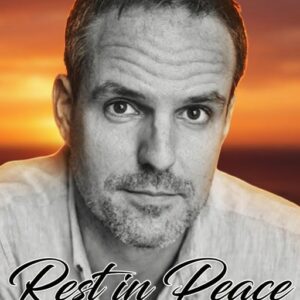Taylor’s deep mistrust of doctors, rooted in his mother’s misdiagnosed cancer, shaped his life and blinded him to his wife Polly’s struggles. When she pleaded for a nanny to help with their three kids, Taylor refused, insisting they could manage alone, driven by his belief in self-reliance.
One day, Polly fainted, and their son Mark called Taylor, who rejected calling 911 and relied on a nurse neighbor instead. Though Polly’s condition was treatable, Taylor ignored her renewed request for help, unwilling to change.
Months later, Taylor blocked an ambulance in traffic, dismissing it as a trick—only to learn it carried his injured son, Mark. Wracked with guilt, he apologized to the driver, James, and hired him as the family driver, later employing James’s wife, Helena, as their nanny, finally easing Polly’s burdens.
Taylor’s perspective shifted. He supported the local hospital and embraced compassion over pride. Now, every ambulance he sees reminds him of the day he almost let his stubbornness cost him everything.





